Exploring India’s diverse parenting styles provides a fascinating insight into the country’s rich cultural tapestry and its influence on child development.
Parenting styles in India are a fascinating blend of traditional values and modern perspectives. This article delves into the intricacies of Indian parenting, from the time-honored emphasis on education and respect for elders, to the evolving approaches that accommodate the aspirations of a new generation.
Here, you’ll find a comprehensive analysis of the factors that shape Indian parenting, the challenges it faces in today’s globalized world, and the strategies employed to balance cultural preservation with progressive thinking.
Whether you’re a parent seeking to navigate this complex terrain, or simply interested in understanding the dynamics of Indian parenting, this article offers a detailed exploration of the topic.
Key takeaways:
- Indian parenting styles blend tradition with modernity
- Cultural values shape Indian parenting practices
- Joint family system influences child-rearing in India
- Indian approach to parenting emphasizes values and independence
- Indian parents stress moral education and academic success
Here You Will Learn:
Overview of Indian Parenting Styles

Delving into the sphere of Indian parenting, we traverse through a range of styles that beautifully blend tradition with modernity. At one end, authoritative parenting dominates, characterized by a balanced approach that fosters autonomy while setting clear behavioral boundaries.
The other end often witnesses a more permissive style that provides children with freedom but lesser guidelines. In between, the authoritarian style emerges, guided by the principle of strict discipline shaped by higher parental expectations.
Lately, collaborative parenting, marked by open communication and mutual decision-making is gaining ground, reflecting the evolving societal mindsets. These varied parenting styles, each with its strengths and drawbacks, contribute to creating a uniquely diverse Indian parenting model.
Impact of Culture On Parenting in India
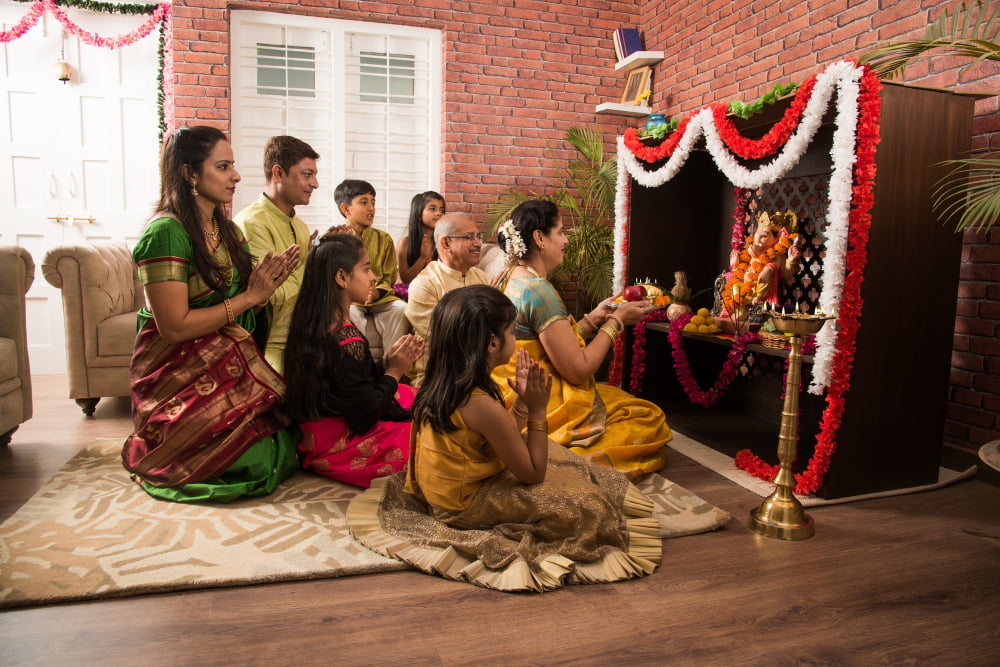
Historically, Indian parents have adhered to authoritative parenting styles, shaped significantly by cultural norms, socio-economic circumstances, and religious traditions. Traditional values such as respect for one’s elders, community centrism, and emphasis on academics stem from cultural constructs deeply ingrained in Indian society.
However, while maintaining the core values, there has been a palpable shift towards more democratic methods. Factors such as global exposure, changing roles of women, and increasing nuclear families have forced a reevaluation of old methods and philosophies.
Despite these shifts, core cultural frameworks often guide parenting practices. For instance, the concept of ‘Dharma’ (duty), highly valued in Indian culture, is a cornerstone of Indian parenting, reinforcing duty-bound behavior towards family and society.
It’s crucial to note that with over 2,000 distinct ethnic groups and more than 1,600 spoken languages, there is significant diversity in parenting practices across different regions, mirroring the country’s cultural diversity. However, the underlying cultural principles remain a common thread.
Thus, Indian parenting can be understood as a combination of global influences and traditional values, intertwined with diverse cultural threads.
Understanding Joint Family System in Indian Parenting
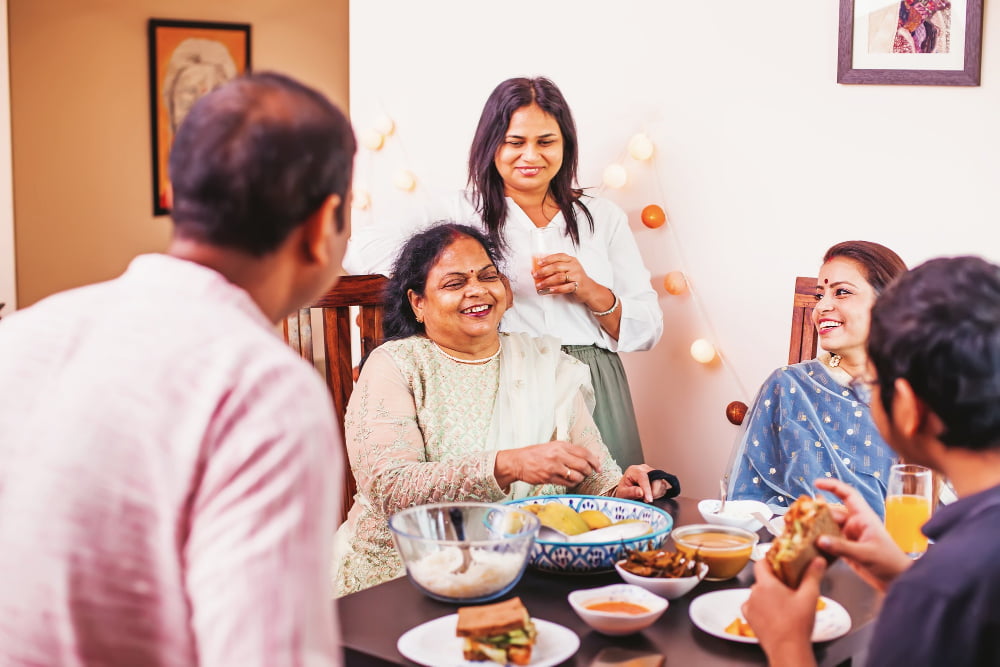
The joint family system, deeply rooted in India’s cultural framework, plays a significant role in shaping child-rearing practices. This structure typically includes generations residing under a single roof, promoting close-knit engagement, shared responsibility, and collective decision-making. Children grow up immersed in an environment of shared values and traditions, learning to navigate complex interpersonal dynamics.
Forming bonds with multiple generations enriches a child’s emotional and social development, fostering tolerance, empathy, and adaptability. Each member of the family assumes a role in the upbringing, providing diverse perspectives and experiences that influence the child’s learning and personality growth.
However, maintaining individuality can be challenging due to the constant influence and expectations of numerous family members. Discordance in parenting styles among family members or pressure to conform to community norms could also pose potential challenges for the child’s emotional wellbeing. Balancing these aspects forms a key part of parenting within this unique familial setup.
The Indian Approach to Parenting
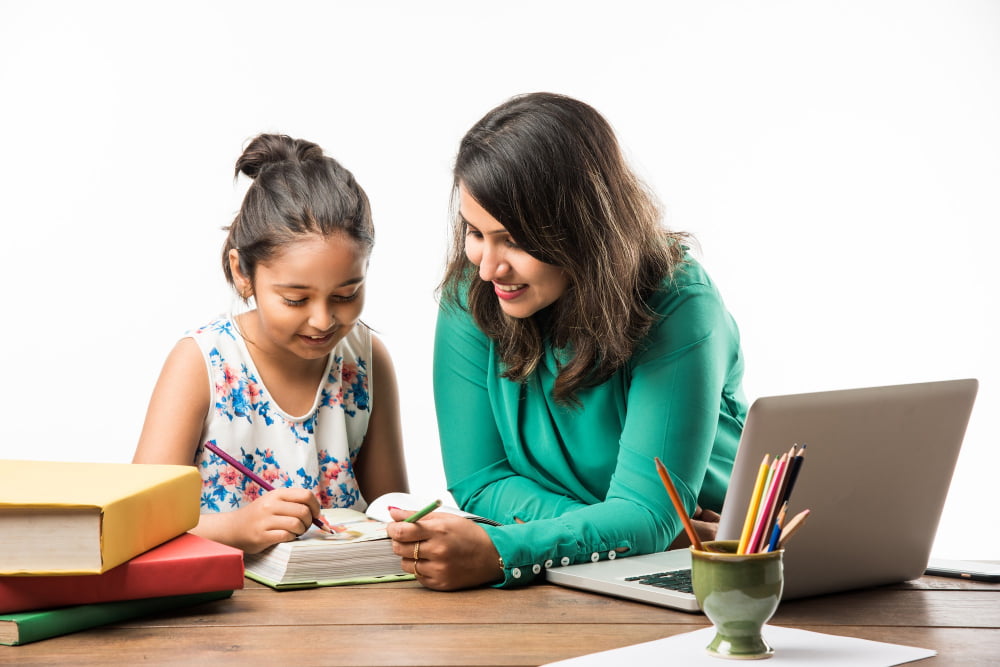
Traditionally marked by respect and discipline, the Indian approach centers around instilling values that embody the country’s cultural and societal norms. Parents generally maintain a position of authority, making key decisions for their children in areas of education, career choice, and even marital partners.
Emphasis is also laid on educating children about the importance of familial bonds, community relations, and rituals. However, influenced by the wave of globalization, this age-old approach has started to evolve, with a gradual shift towards fostering independence and promoting individual choice in children, marrying the old with the new in a uniquely Indian way.
Inculcating Values in Children
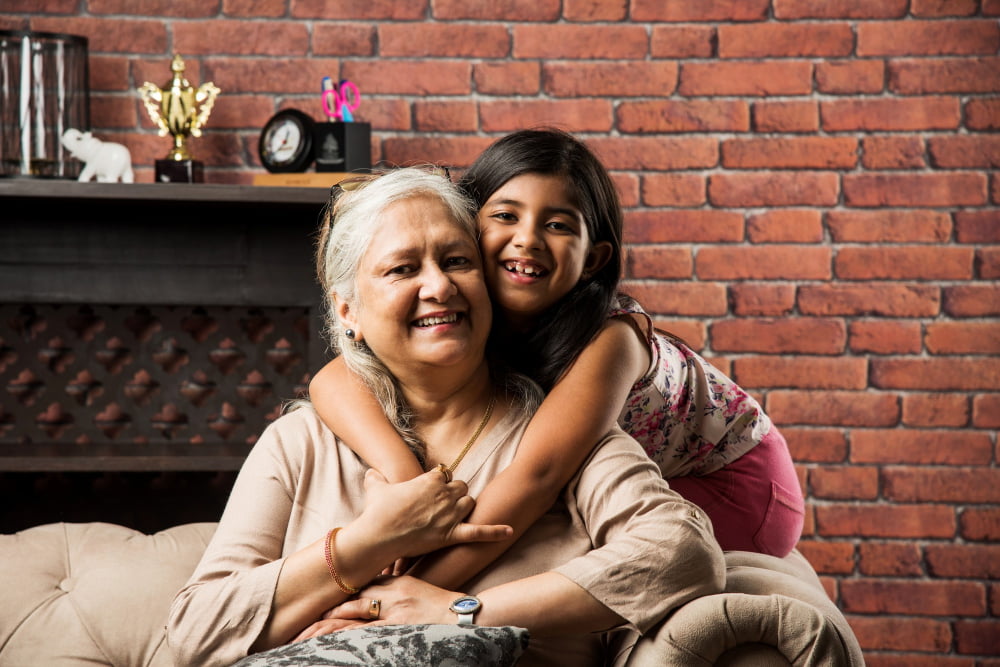
Indian parents often place significant emphasis on moral and ethical education. Traditional values such as respect for elders, truthfulness, humility, and a strong work ethic are instilled at a young age.
This moral compass often guides children throughout their lives, shaping their character and decision-making abilities.
However, these values are not imposed – they are taught through daily practices, stories showcasing moral lessons, and leading by example.
This approach fosters young individuals with deep-rooted values, enabling them to navigate various life situations with morale and integrity.
Expectations and Academic Pressure
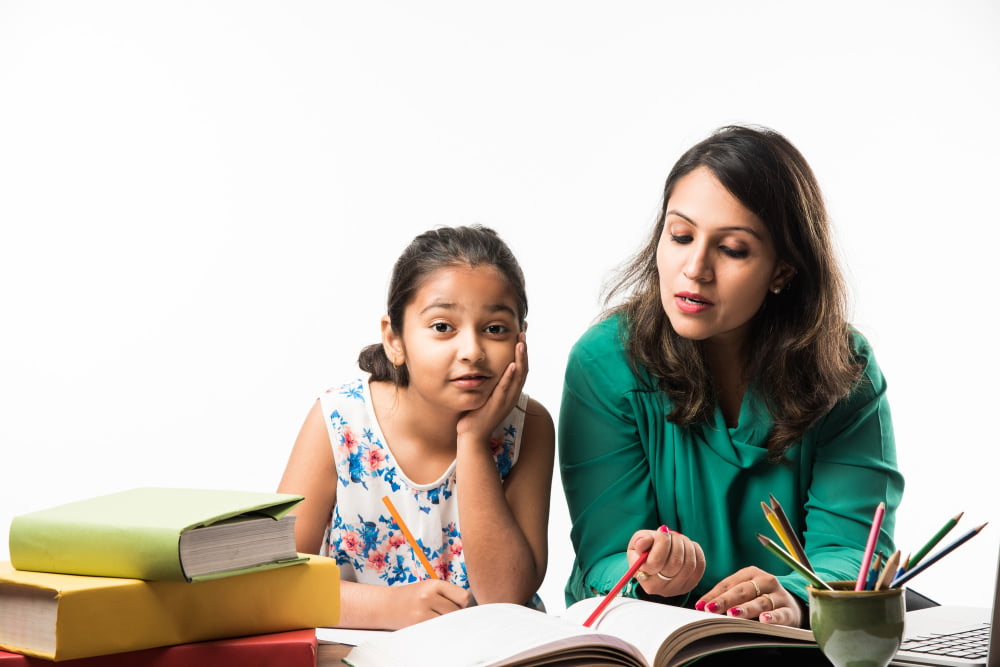
A significant aspect of child-rearing in India is the considerable emphasis on education. Often perceived as key to societal advancement and financial stability, parents place high expectations on their children to excel academically. Indian parents often dedicate substantial resources and time to supplement school education with extra tutoring and coaching.
This creates an environment of constant competition and considerable pressure on children to outperform their peers. The drive for academic excellence sometimes overshadows holistic development, potentially leading to stress and anxiety in children from a young age. The effects can linger, impacting the mental health of adolescents and adults.
However, this trend is slowly changing. Progressive Indian parents are now recognizing the importance of well-rounded development as well as personal happiness, emphasizing the need for more balanced academic expectations. The philosophy of “every child is unique” is becoming more accepted, acknowledging varied strengths and nurturing individual talents.
Strengths and Shortcomings of Indian Parenting

Among the strengths of Indian parenting is the emphasis on discipline, respect, and moral values, which are seen as keystones to developing well-rounded individuals. This approach often fosters strong familial bonding and a deep sense of respect for society.
Furthermore, the focus on education equips children with the skills necessary for financial stability and professional success.
On the other side of the coin, the high expectations and academic pressures can sometimes result in stress and anxiety in children. Excessive emphasis on obedience without open communication may limit the development of independent thinking.
The evolving global perspectives on child rights and individual autonomy are also challenging the traditional structures of authority in Indian parenting.
Like any parenting style, Indian parenting involves a delicate balance. Cultural values lend strengths, while facets of traditional discipline spark ongoing discussions about adaptation and change in the face of a swiftly changing world.
The key lies in embracing the positives of traditional aspects and incorporating flexibility where needed.
FAQ
What is the parenting style in India?
The parenting style in India is traditionally value-based, emphasizing deference to authority, familial duties, and societal bounds.
What do Indian parents expect from their child?
Indian parents predominantly expect their child to have successful adult careers.
What is positive Indian parenting?
Positive Indian Parenting is a comprehensive 8-10 week curriculum-based training class targeted towards Indian parents, caregivers, and non-Native foster parents of Indian children, with a prime focus on fostering traditional parenting skills through a structured module-based approach.
How does Indian culture influence parenting techniques?
Indian culture influences parenting techniques heavily, with emphasis on respect for elders, discipline, academic excellence, and strong family bonds.
How do Indian parents incorporate discipline and respect into child rearing?
Indian parents often use firm, consistent guidelines and expectations combined with respect for elders and societal norms to instill discipline in child rearing.
What role does education play in the expectations of Indian parents?
Education plays a significant role in the expectations of Indian parents, often seen as a cornerstone for financial stability, societal respect, and progression in life.